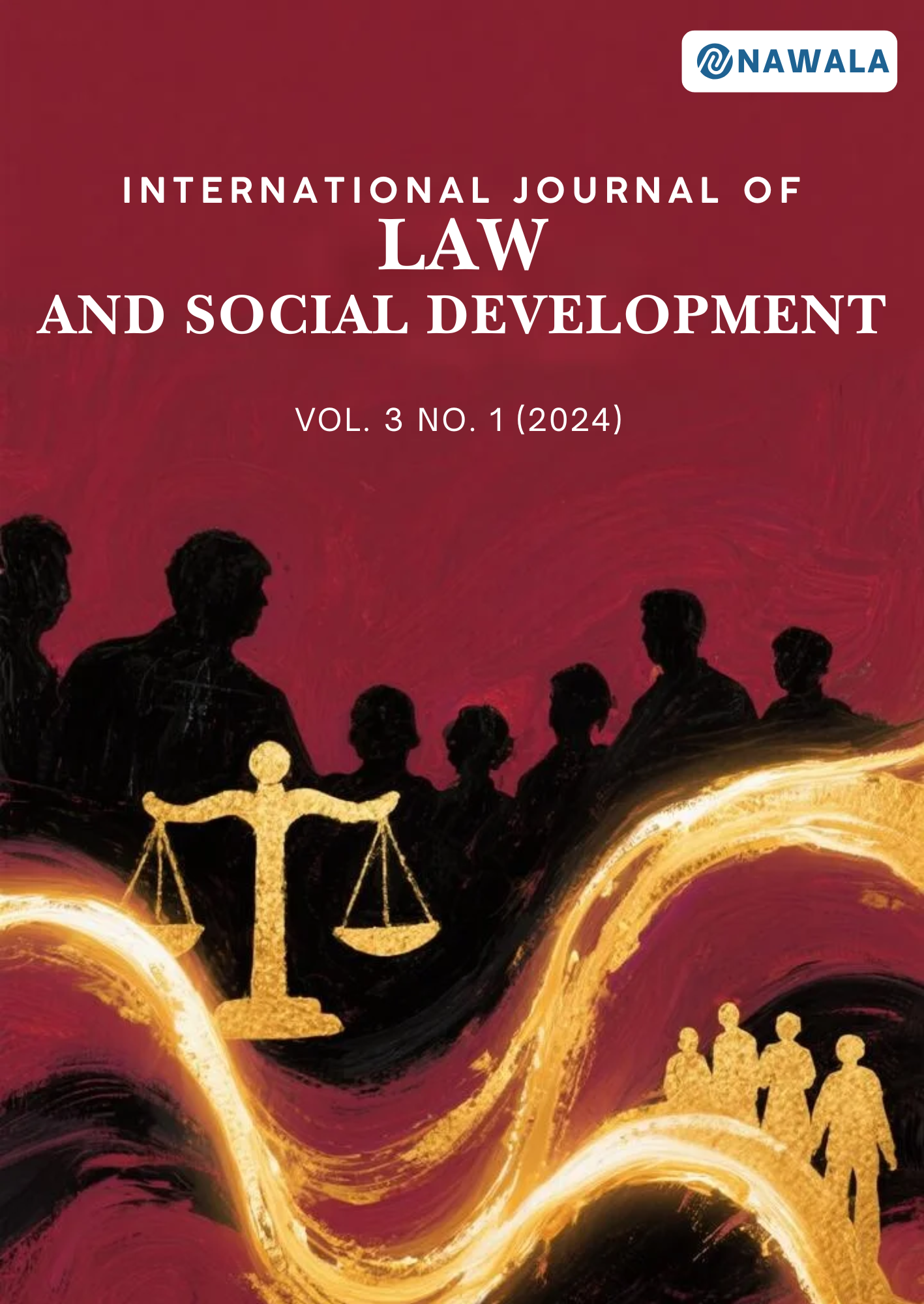Digital Governance in Indonesia: Benefits, Challenges, and Strengthening Strategies in Realizing Good Governance
Keywords:
Community Participation, Digital Governance, E-Government, Good Governance, Public TransparencyAbstract
The development of digital governance or digital-based governance has become the main focus of bureaucratic transformation in various countries, including Indonesia. This study analyzes the implementation of digital governance in Indonesia using the literature review method, reviewing the benefits, challenges, and strengthening strategies implemented. The results of the study show that digital governance can improve bureaucratic efficiency, government transparency, and public participation. However, its implementation faces various obstacles, such as gaps in technology infrastructure between regions, low digital literacy of people and government apparatus, and cyber security threats. The strengthening strategies needed include improving infrastructure, digital literacy, data security, and cross-sector collaboration between the government, the community, and the private sector. The integrated implementation of these strategies is expected to strengthen the implementation of inclusive, accountable, and responsive governance. This research emphasizes that digital governance is not just a technological modernization, but a comprehensive transformation that involves innovation, regulation, and public participation to realize the principles of good governance in the digital era.





